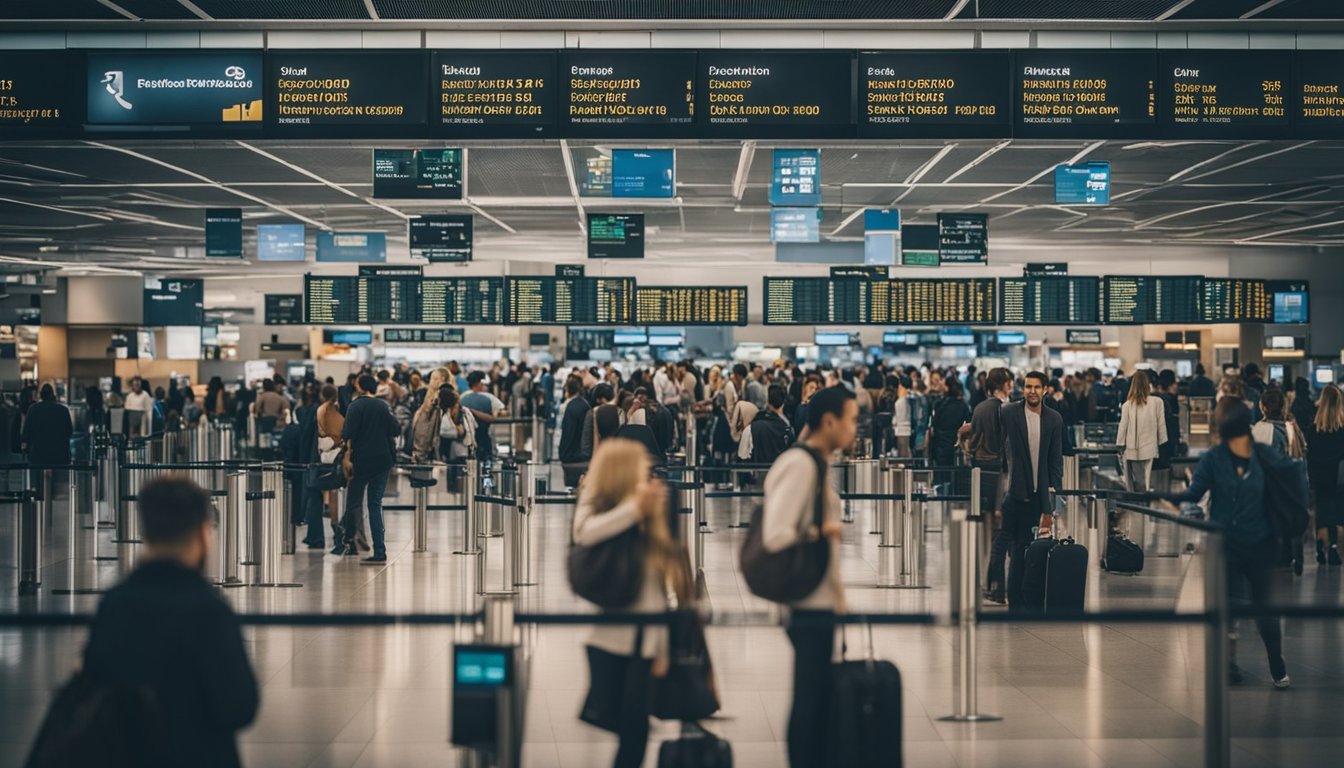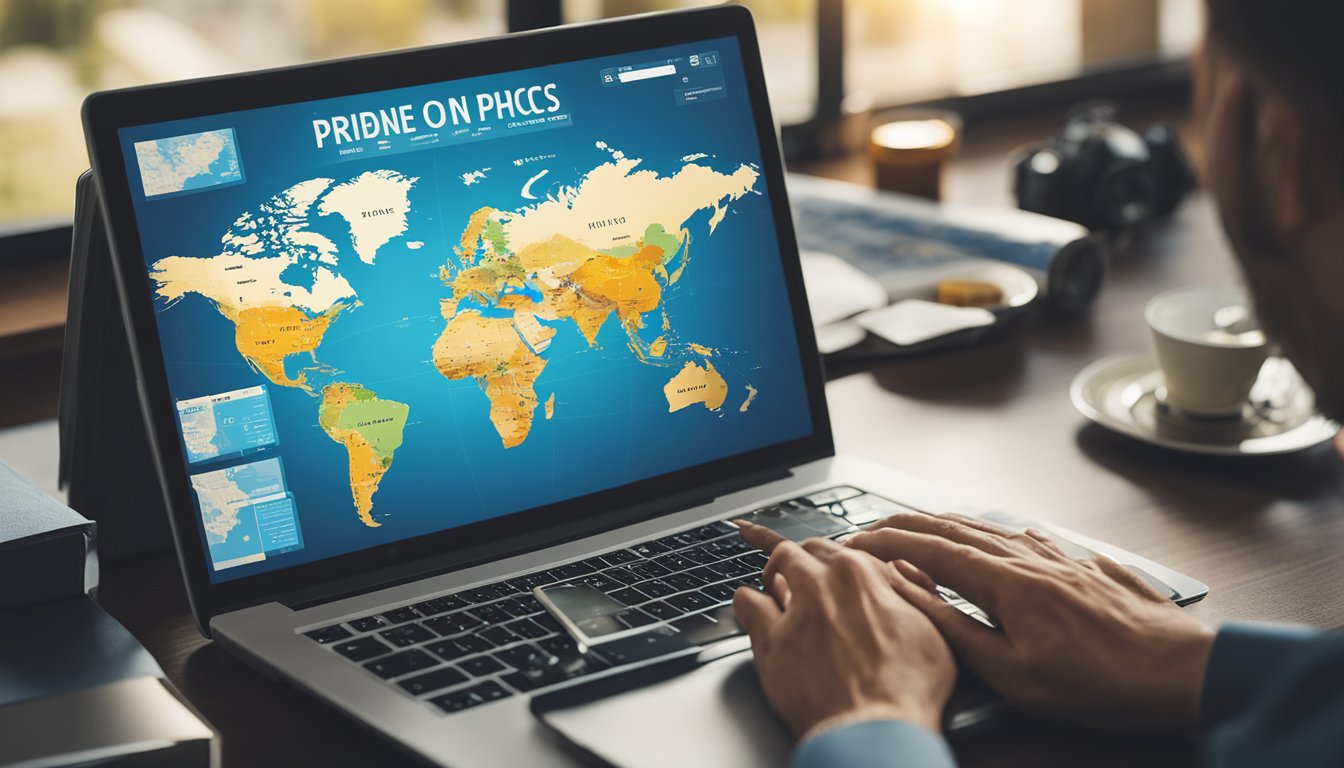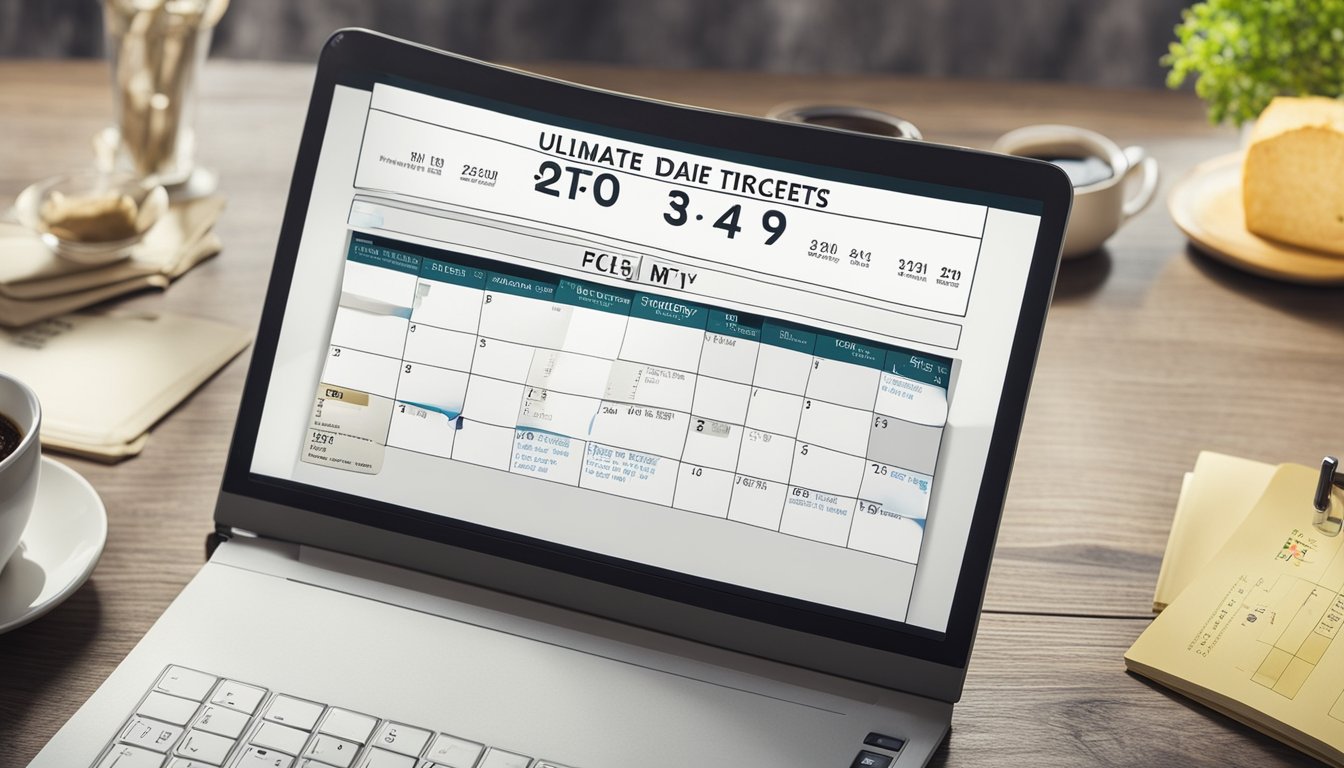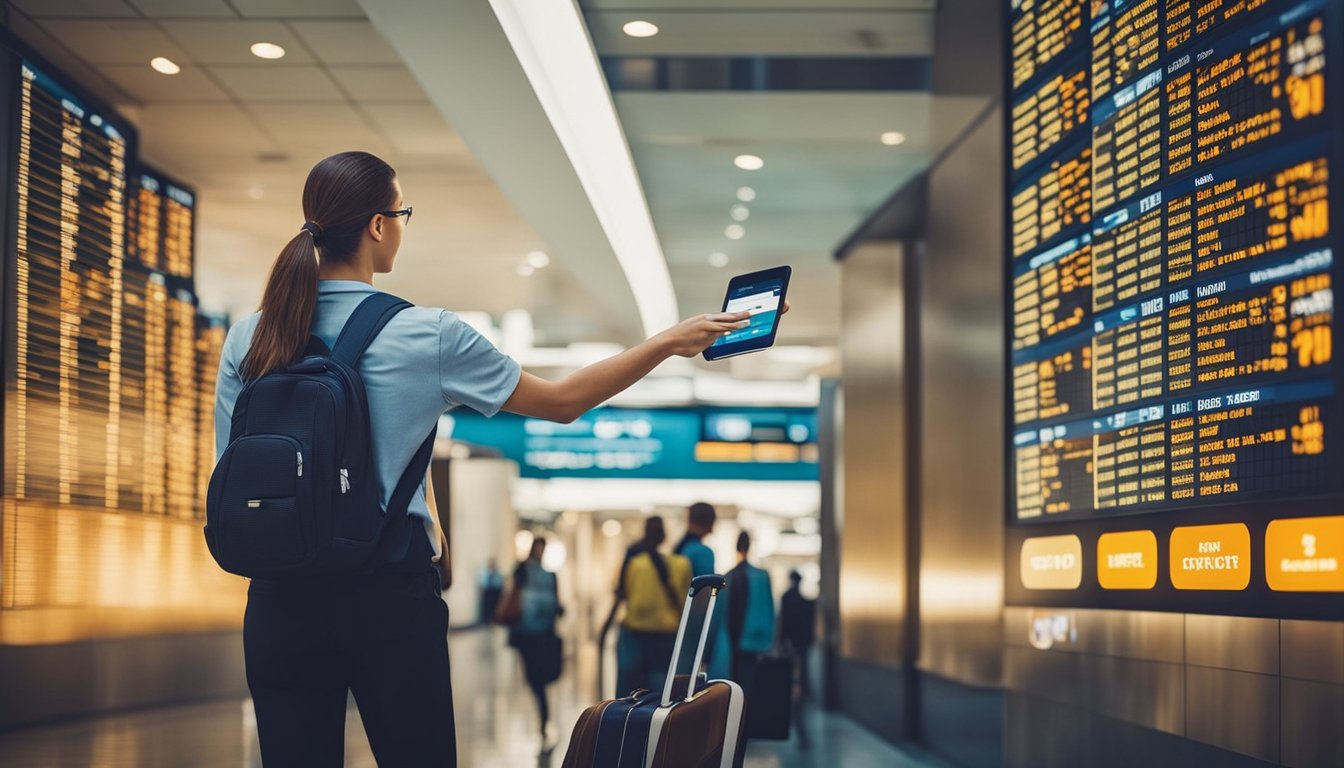Finding cheap airline tickets can be a daunting task, especially for those who are not well-versed in the world of travel. With so many airlines, travel websites, and booking options available, it can be overwhelming to know where to start. Fortunately, there are several tips and tricks that can help travelers score the best deals on flights.

One of the first things to keep in mind when searching for cheap airline tickets is to be flexible with travel dates. Flights tend to be more expensive during peak travel times, such as holidays and weekends. Traveling during weekdays, or even on less popular days like Tuesdays and Wednesdays, can often result in lower fares. Additionally, booking well in advance or at the last minute can sometimes lead to discounted prices.
Another important factor to consider when searching for cheap airline tickets is to compare prices across multiple airlines and travel websites. While it may be tempting to book the first flight that appears to be a good deal, taking the time to shop around can often result in significant savings. Travelers should also be aware of any additional fees or charges, such as baggage fees or seat selection fees, that may be added to the total cost of the flight.
Understanding Airline Pricing

When it comes to booking a flight, understanding how airlines price their tickets can be a game-changer in finding the cheapest options. Here are a few factors that influence airline pricing:
Demand and Seasonality
The most significant factor that affects airline pricing is the demand for a particular flight. Airlines use complex algorithms to adjust their ticket prices based on the current demand for a specific route. Additionally, seasonality plays a role in ticket pricing, with peak travel seasons typically resulting in higher ticket prices.
Flight Categories
Another factor that influences airline pricing is the type of flight category. For example, non-stop flights are usually more expensive than connecting flights. Similarly, flights with flexible cancellation policies or extra amenities like extra legroom or Wi-Fi will come with a higher price tag.
Airline Revenue Management
Airlines also use revenue management techniques to maximize their profits. This involves adjusting ticket prices based on factors like the number of seats available, the number of days until the flight, and the competition on a particular route. By doing so, airlines can ensure that they sell the maximum number of seats at the highest possible price.
Understanding these factors can help travelers find the best deals on airline tickets. By being flexible with travel dates, choosing connecting flights, and booking in advance, travelers can often score cheaper tickets. Additionally, signing up for airline newsletters and using price comparison websites can help travelers stay up-to-date on the latest deals and promotions.
Best Times to Book

When it comes to finding cheap airline tickets, timing is everything. Here are some tips on the best times to book your flights.
Early Bird Strategies
Booking your flight well in advance can often save you money. According to experts, the best time to book a flight is around six to eight weeks before your departure date. This is when airlines typically release their cheapest fares, and you can often find great deals by booking early.
Another early bird strategy is to sign up for airline newsletters and fare alerts. This way, you’ll be the first to know about any sales or promotions, and you can snag a great deal before anyone else.
Last-Minute Deals
If you’re a spontaneous traveler, you might be able to score a cheap flight by waiting until the last minute to book. Airlines often slash prices in the days leading up to a flight to fill empty seats.
However, this strategy can be risky. If you wait too long, you might end up paying more than you would have if you had booked earlier. It’s also important to note that last-minute deals are often only available for certain destinations and travel dates.
Overall, the best time to book a flight depends on your travel dates, destination, and budget. By using these early bird and last-minute strategies, you can increase your chances of finding a great deal on your next flight.
Research and Comparison Tools

When it comes to finding cheap airline tickets, research and comparison tools are essential. Here are two types of tools that can help you find the best deals:
Flight Comparison Websites
Flight comparison websites like Skyscanner, Kayak, and Google Flights can help you compare prices from different airlines and find the cheapest flights. These websites allow you to search for flights by date, destination, and budget. You can also filter your search results by airline, departure time, and number of stops.
These websites often have user-friendly interfaces that make it easy to find the information you need. Some even offer additional features like fare alerts and price predictions. However, it’s important to note that not all airlines are listed on these websites, so you may need to check individual airline websites as well.
Price Alert Services
Price alert services like Hopper, Airfarewatchdog, and Skyscanner Price Alerts can help you keep track of price changes for specific flights. These services allow you to set up alerts for a specific flight or route, and they will notify you when the price drops or increases.
Price alert services can be especially helpful if you’re flexible with your travel dates and can wait for a better deal. However, it’s important to note that not all flights are eligible for price alerts, and you may need to act quickly once you receive a notification.
By using these research and comparison tools, you can save time and money on your next flight. Just be sure to compare prices across multiple websites and airlines to ensure you’re getting the best deal possible.
Leveraging Airline Loyalty

When it comes to finding cheap airline tickets, leveraging airline loyalty can be a great way to save money. By taking advantage of frequent flyer programs and credit card points and perks, travelers can earn rewards and discounts that can add up to significant savings over time.
Frequent Flyer Programs
Frequent flyer programs are loyalty programs offered by airlines that reward travelers for their loyalty. These programs allow travelers to earn points or miles for each flight they take, which can then be redeemed for free or discounted flights, upgrades, and other perks.
To make the most of frequent flyer programs, travelers should sign up for the program offered by the airline they fly most often. They should also make sure to provide their frequent flyer number when booking flights and to take advantage of any bonus point offers or promotions.
Credit Card Points and Perks
Many credit cards offer rewards programs that allow cardholders to earn points or miles that can be redeemed for flights, hotel stays, and other travel-related expenses. Some credit cards also offer perks such as free checked bags, priority boarding, and lounge access.
To maximize credit card rewards and perks, travelers should choose a card that offers rewards in the form of points or miles that can be redeemed for travel expenses. They should also make sure to use their card for all travel-related expenses, such as flights, hotels, and rental cars, to earn as many points or miles as possible.
By leveraging airline loyalty through frequent flyer programs and credit card points and perks, travelers can save money on flights and other travel expenses. With a little planning and effort, these rewards can add up to significant savings over time.
Money-Saving Travel Hacks

Flexible Travel Dates
One of the easiest ways to save money on airline tickets is by being flexible with travel dates. If you have the luxury of choosing when to travel, consider flying on weekdays instead of weekends. Flights on Tuesdays, Wednesdays, and Saturdays are often cheaper than those on Fridays and Sundays. Additionally, flying during off-peak seasons, such as in the fall or winter, can also result in significant savings.
Alternative Airports
Another way to save money on airfare is by considering alternative airports. Instead of flying into a major airport, consider flying into a smaller airport nearby. Smaller airports often have lower landing fees, which can result in cheaper flights. Additionally, flying into a nearby city and then taking a bus or train to your final destination can also save you money.
Incognito Browsing
When searching for flights online, use incognito browsing or private browsing mode. This can prevent airlines from tracking your search history and potentially raising prices based on your search behavior. Additionally, it’s a good idea to clear your cookies or use a different device when searching for flights, as airlines may also use this information to adjust prices.
By following these money-saving travel hacks, travelers can significantly reduce the cost of airline tickets and make their next trip more affordable.










0 Comments